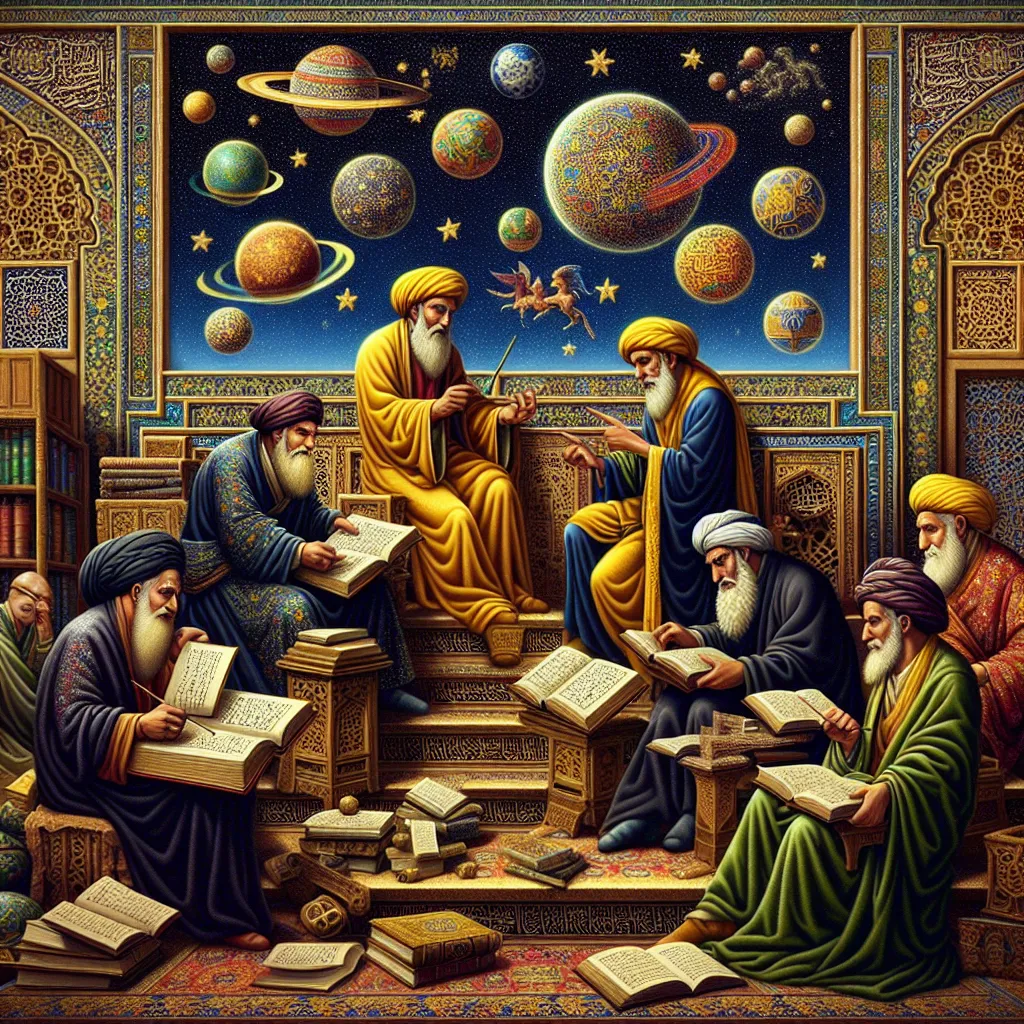The way we look at the history of philosophy, science, or human thought is often skewed. I’ve watched countless videos on the history of philosophy that present a very narrow and one-sided picture. We frequently discuss figures like Plato, Aristotle, John Locke, Nietzsche, and maybe even Confucius if we’re feeling inclusive. This common narrative starts with the ancient Greeks, moves to the Renaissance, then the Enlightenment, and up to today. However, this perspective is very Eurocentric and misses out on a significant part of history, particularly the contributions of early Islamic philosophers.
These early Islamic thinkers didn’t just explore themes like optics, astronomy, metaphysics, music, and medicine; they played a crucial role in preserving and transmitting Greek traditions to Europe. Some argue that the Renaissance wouldn’t have happened without them. Yet, these individuals are often overlooked in discussions about the history of philosophy, especially in the West. We owe a lot more to these thinkers than we realize.
In the videos I’ve made on this topic, I’ve covered figures like Avicenna (Ibn Sina), the Persian philosopher, Ibn Tufail, the Andalusian philosopher, and Ibn Khaldun, the historian and philosopher. These articles can be found on my blog, but today, let’s rewind the clock and talk about the inception of Muslim and Arabic philosophy through the translation movement, focusing on early philosophers like Al-Kindi and Al-Farabi.
Muslim and Arabic philosophy didn’t emerge in a vacuum. These thinkers were deeply indebted to the ancient Greeks, using their works as a foundation while also incorporating Islamic sources like the Quran. Figures like Plato, Socrates, Galen, and especially Aristotle were influential. The early Islamic philosophers built upon these traditions, leading to a significant cultural and intellectual flourishing.
With the spread of Islam, early Muslims conquered vast regions, from the Middle East and North Africa to Persia and Afghanistan. Early Muslims were encouraged to seek knowledge, even as far as China, and they took this advice to heart. This led to the emergence of various sciences and fields of thought within the new Empire.
One key period was the late 8th and early 9th centuries in Baghdad, during the Abbasid Caliphate. It was here that the translation movement took place, involving the translation of texts from around the world into Arabic. This effort was led by figures like Hunayn ibn Ishaq and his son Ishaq ibn Hunayn. Another prominent leader was a philosopher named Al-Kindi.
Al-Kindi, often considered the first Arabic philosopher, was a prolific writer and thinker. He tackled various subjects, including metaphysics, ethics, medicine, psychology, mathematics, and astronomy. Unfortunately, few of his texts have survived. Al-Kindi aimed to harmonize Greek philosophy with Islamic thought, showing that the Quran and Greek philosophy were not in opposition but complemented each other.
Another significant figure was Al-Farabi, known as the “second teacher” after Aristotle. Al-Farabi also worked on synthesizing Greek traditions with Islamic thought. His approach differed from Al-Kindi’s in some ways, particularly in metaphysics. Al-Farabi integrated the Ptolemaic cosmological system into his philosophical framework, creating a unique and complex system of thought.
Al-Farabi also emphasized the importance of logic, viewing it as the foundation for all other philosophical pursuits. He tackled the role of revelation, suggesting that prophets translate the truths discovered through philosophy into a form that can be understood by the general population.
Both Al-Kindi and Al-Farabi were significant early figures in Arabic philosophy, each leaving a lasting impact on the intellectual history of the world. They emerged from a context where knowledge and learning flourished, as exemplified by institutions like the House of Wisdom in Baghdad.
The period from the start of the translation movement to around the turn of the first millennium is sometimes referred to as the Golden Age of Islam. Intellectual activity and achievements during this period were incredibly significant. While there were periods of flourishing and stagnation, the contributions of these early philosophers have left a lasting legacy.
There’s much more to explore about these thinkers and other significant figures in Islamic philosophy. Future discussions and videos can delve deeper into their contributions and the fascinating world they navigated. Keep the conversation going, ask questions, and suggest topics for further exploration. Until next time!






